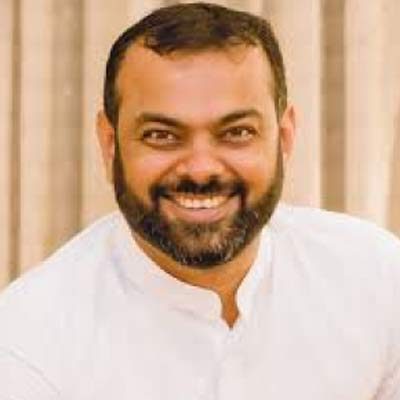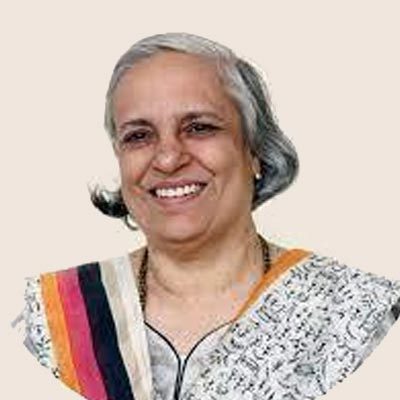
REIMAGING UNIVERSAL HEALTH ACCESS
SESSION VIDEO
SESSION OUTLINE
Leading practitioners discussed the chronic inequities of public health infrastructure and services in villages. Long pending efforts for addressing a fragmented health governance system and infrastructure augmentation have been prioritized for COVID response. Based on recent experiences, there is an opportunity to reimagine solutions by streamlining long-pending health governance issues in this critical situation.
The present situation has spotlighted systemic deficiencies and gaps in primary and critical health infrastructure at different levels. The limitations of the health services, both public and private, the inequality of access for vulnerable people, remote/hard-to-reach or resource-poor regions requires a new way of organizing “supply of care” by exploring how community’s resources in the form of collectives and institutions of local governance, their leadership and industriousness can make healthcare access better.
Infrastructure boost, and leveraging the expanded community space outside of formal health setup like hospitals, augmenting the governance architecture are the critical aspects of moving forward.
PANEL
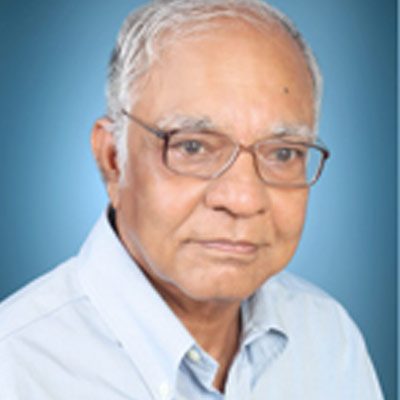
Jayantilal Satia
Senior Adv i sor, Publi c Heal th Foundat ion of India (PHFI)
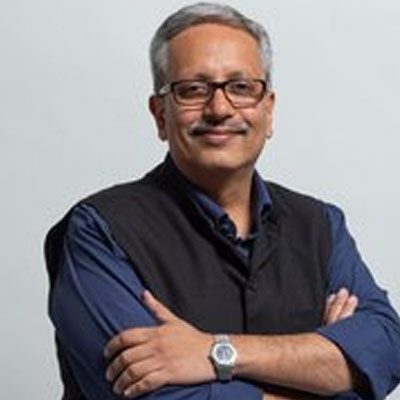
Neeraj Jain
Country Director,
PATH
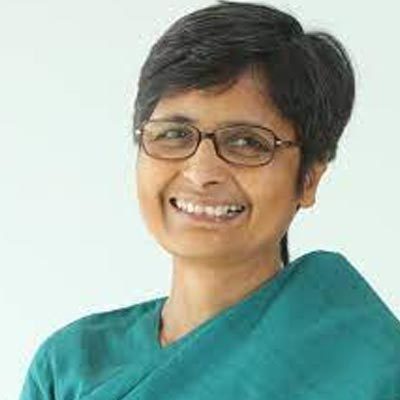
Neelima Khetan
Visiting Fellow
Centre for Social and Economic Progress (formerly Brookings India) and Nous Development Advisories
SESSION TAKEAWAYS
BARRIERS TO HEALTHCARE ACCESS
When an individual has to access healthcare, there are many physical, social (gender, caste, language), information/ decisional barriers, and financial barriers. If people can overcome these barriers, then we can build health equity. We have learnt during the COVID19 pandemic that facilities can be set up quickly, but the workforce can’t be rapidly mobilised. Financial protection is of utmost importance. Around 50-70 million people get pushed into poverty due to disastrous health insurance.
NEED OF THE HOUR
There needs to be a public-private healthcare interface in India. We need to ensure that there is a mechanism for this. Regulation is absolutely critical because, in rural India, many healthcare providers are not certified or trained for instance. A combination of service-side innovations and technological innovations should be adopted to leapfrog over the challenge of not having enough people and not having enough numbers.
APPROACH FOR UNIVERSAL HEALTH COVERAGE
A response from the entire society is required for universal healthcare. It starts with the self, people will have to also learn to care for themselves. As the economy progresses, more resources will come to healthcare and even improve the public health system. But the question is whether it will come in the next 10 years or more. We need to have universal health coverage in 5-7 years. Govt can play the role of regulation and ensuring quality control. The urgency is critical.
"Health is a fundamental human right, it is established in our constitution and internationally but it’s our conscience that leads us there."
- THELMA NARAYAN
"There is this whole movement to reform healthcare, but there is not much talk of healthcare quality or social issues."
- JAYANTILAL SATIA
"COVID has made health a political issue. It has shown us what could happen from an economic perspective. Lots of organizations are jumping in to see how they can participate in taking care of larger population level health."
- NEERAJ JAIN
